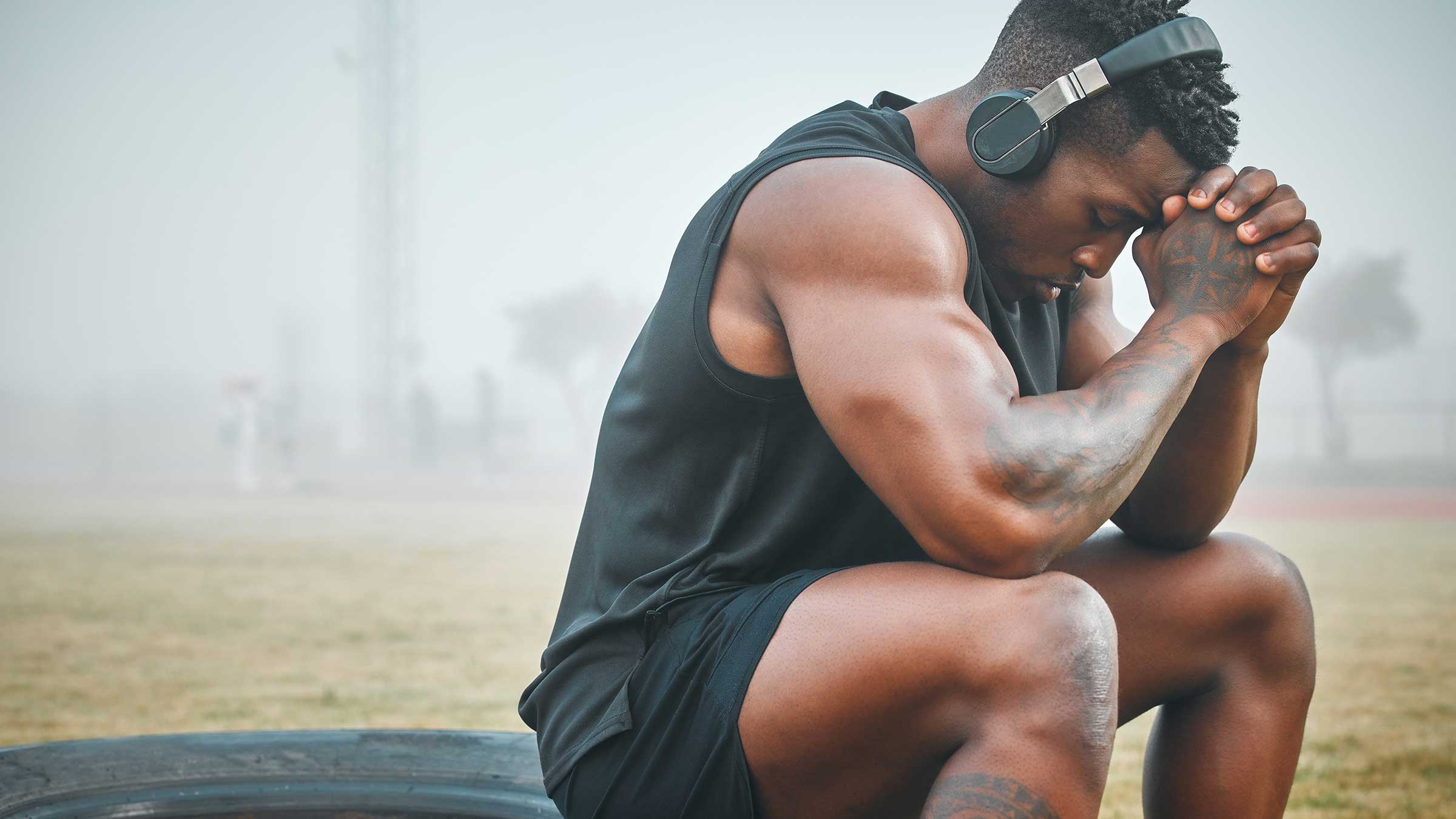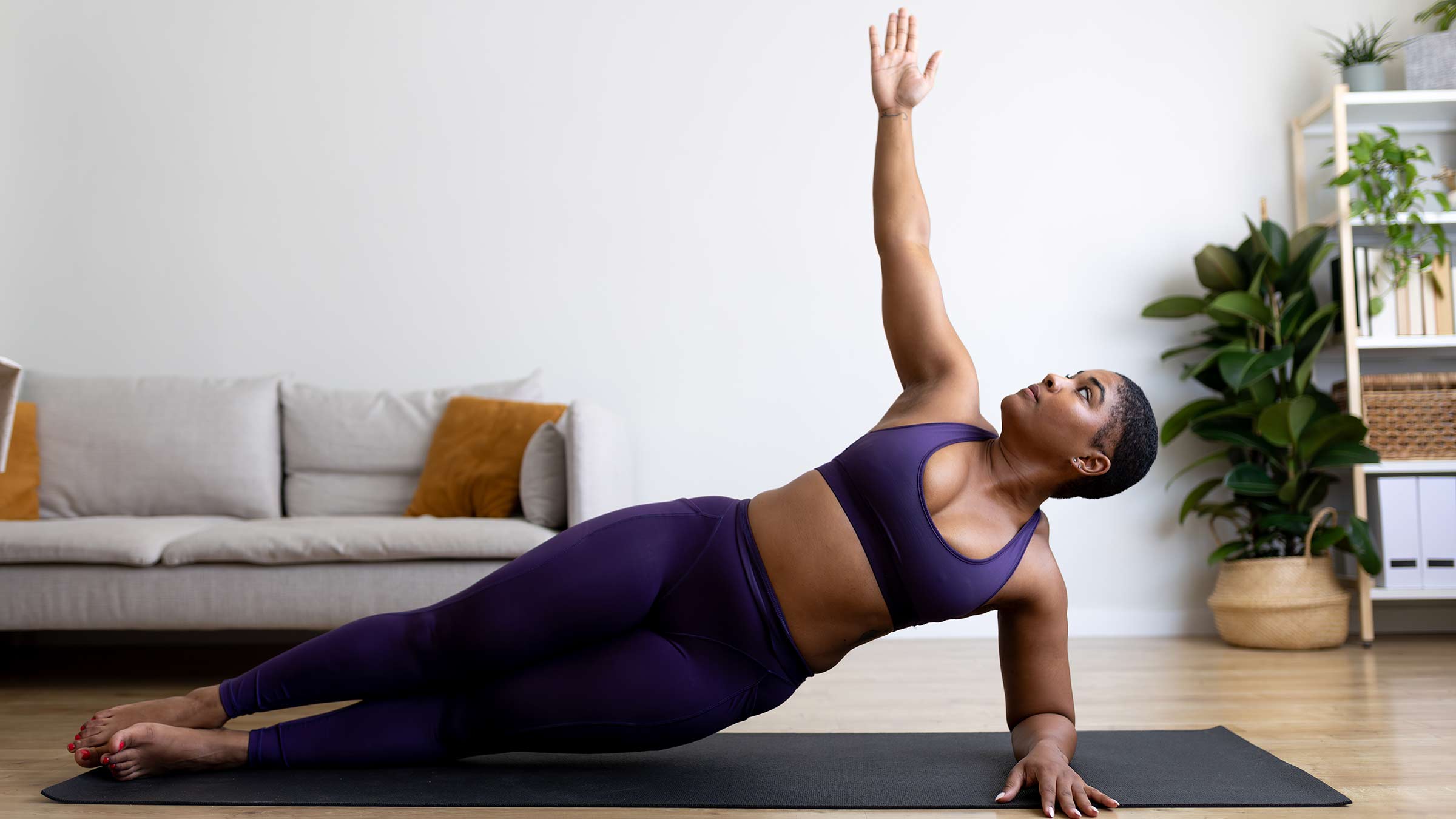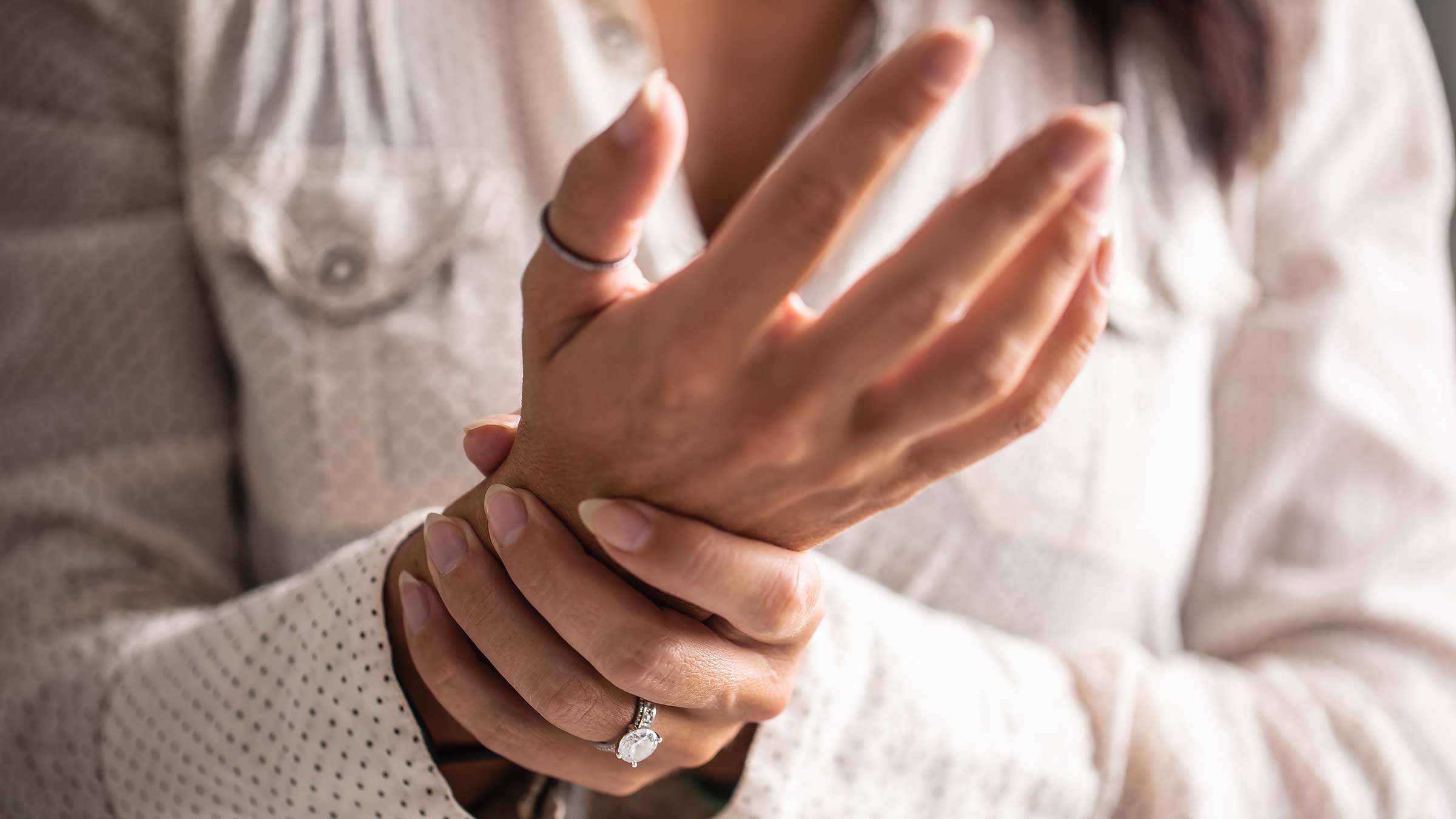How do sport psychologists help athletes?
You often hear about sport psychologists in the context of an athlete who’s struggling with something. A pitcher in baseball who suddenly starts firing off wild pitches, for example.
While that’s certainly the type of situation we help with, our work goes much further than that. In addition to helping a broad range of athletes at The Ohio State University, we also help counsel people in the community who can benefit from improving their mental well-being or their ability to perform in personal and professional roles.
Here are some common questions about what sports psychologists do.
What is sport psychology?
Sport psychology is the study of how mental and cognitive factors influence performance. We study the way that our mind and body affect each other to create high-level performance. At The Ohio State University Wexner Medical Center, we have many sport psychologists who focus on developing those skills in athletes, but also executives or anyone looking to enhance their performance.
What does a sport psychologist do?
My job is to understand an individual and work on their mental well-being or their performance, then help them develop skills and tools to manage high-level, high-pressure situations while at their best.
How can sport psychologists improve performance?
I'd like to think that sport psychology serves a role similar to strength and conditioning. You go to a coach to learn a new tactical skill, you go to your strength coach to get physically stronger. You work with a sport psychologist to help develop mental resilience and strength to help manage high-pressure situations, develop confidence and be able to perform at your highest level when it matters most.
What are “the yips,” and what causes them?
The yips occur when we take what’s normally an automatic process or motor program and it becomes more controlled. That might be because someone made a mistake in a high-pressure situation or endured a traumatic event, and they become more aware and try too hard to control that movement to avoid having the previous mistake or trauma happen again.
Our job as a sport psychologist is to try to help them feel like it's an automatic process again.
What is imagery in therapy, and how is it used?
Imagery is visualizing a performance or a skill in our mind, to help develop comfort and confidence with the skill. Effective imagery utilizes our senses to make it as vivid and realistic as possible. All of our senses should be involved.
It’s a skill that takes practice to really become good at. But it's always very beneficial when you see an athlete come into the room and be able to say, “I can feel what just happened.”
What do you say to help athletes prepare?
To get our mind in the right state for performance, we need to know what type of mindset we want to have. A golfer would need to get in a calm state, so we’d focus on arousal regulation and breathing exercises. A football player or a wrestler would need to get more energy, so you might see them bouncing around listening to music or doing things that get them excited.
Learn what you need to perform at your best and find out the routines and strategies to get you there consistently.
How can serious injuries affect athletes mentally?
I tell athletes going through serious injuries or a surgery that two rehabilitations are going to occur: the physical rehab and mental rehab.
They may not occur at the same pace or the same time. But know that when you go through the loss of time in your sport, you may feel a sense of grief, sadness, depression, anxiety, a sense of missing out.
We want to really work on developing goals that help us see growth every day, and stay connected with your team and folks in your life that care about you.
How often are athletes affected by mental health issues?
Research shows that about 35% of athletes can experience a significant mental health concern. But we also know athletes typically underrepresent or won't come forward and talk about things that affect them.
So many sports emphasize toughness. What's interesting about that is that, somehow, mental health is the only area in our lives where we're told that being silent and not talking about it is the time that we show toughness.
Every time a high-level athlete like a Simone Biles or a Kevin Love comes forward and shares their journey, we see an influx of athletes feeling the courage to come forward as well.
How does chemistry among teammates affect performance?
I oftentimes tell teams that that we don’t all have to be best friends, but we do need to have a mutual respect, shared goals and values. You can see teams that have exceptional talent, but because they don't necessarily share the same goals or values or vision for what they're going to do, they don't maximize their performance.
What we try to do in sport psychology is help develop that connection.
How can someone become a sport psychologist?
There are many paths to get into sport psychology. Some folks may pursue a master's degree in something like social work or counseling. There are even sport-psychology-specific master's programs.
Like many of my colleagues, I have a doctorate in psychology. My colleagues and I are happy to connect, mentor or give guidance to our students on how to pursue this career.

Ohio State sports psychology
Train your mind and your body with our dedicated sports psychology team.
Learn More








